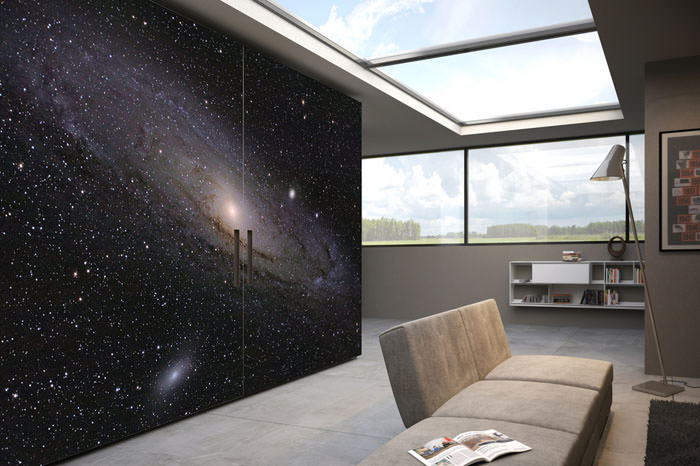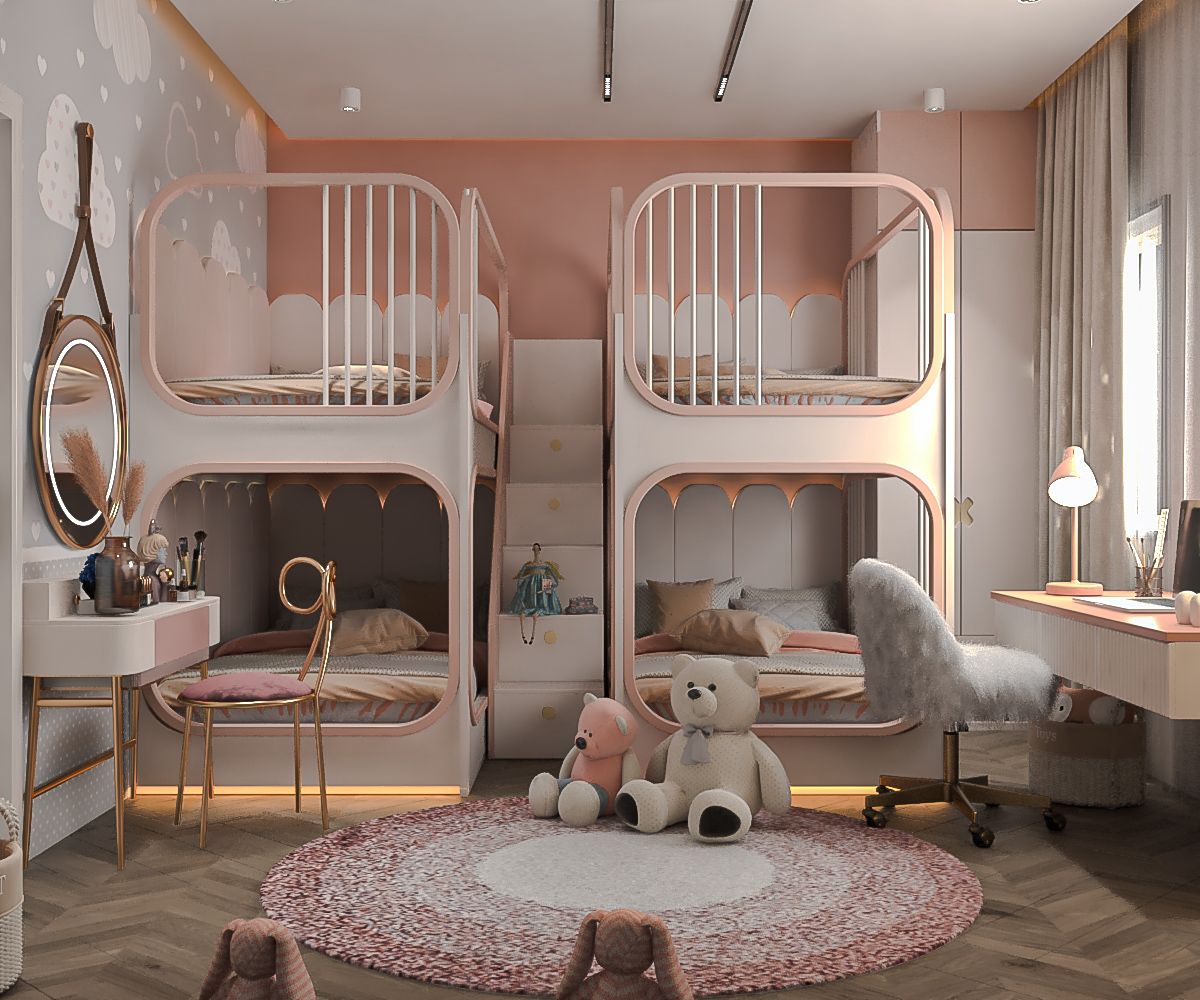Residential design focuses on creating comfortable, functional, and aesthetically pleasing living spaces tailored to the homeowner’s lifestyle and preferences. Key aspects include:
- Space Planning: Efficient layout to maximize functionality and flow between rooms.
- Color Schemes: Harmonious colors that reflect the desired mood and complement the overall design theme.
- Furniture Selection: Choosing pieces that combine comfort, style, and practicality.
- Lighting Design: Incorporating ambient, task, and accent lighting to enhance the atmosphere and usability of spaces.
- Materials and Finishes: Using durable, high-quality materials for flooring, walls, and furnishings that align with the design vision.
- Personalized Décor: Adding unique elements such as artwork, accessories, and textiles to reflect the homeowner’s personality.
- Functionality: Ensuring each space meets its intended purpose, from relaxation areas to workspaces.
- Storage Solutions: Integrating smart and hidden storage options for a clutter-free environment.
- Indoor-Outdoor Connection: Blending indoor and outdoor spaces seamlessly through patios, balconies, or large windows.
- Sustainability: Incorporating eco-friendly materials and energy-efficient designs where possible.
The goal of residential design is to create a cohesive and inviting home that balances beauty with practicality, enhancing the daily lives of its occupants.



